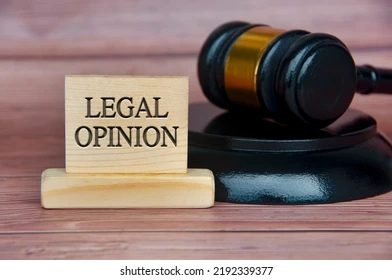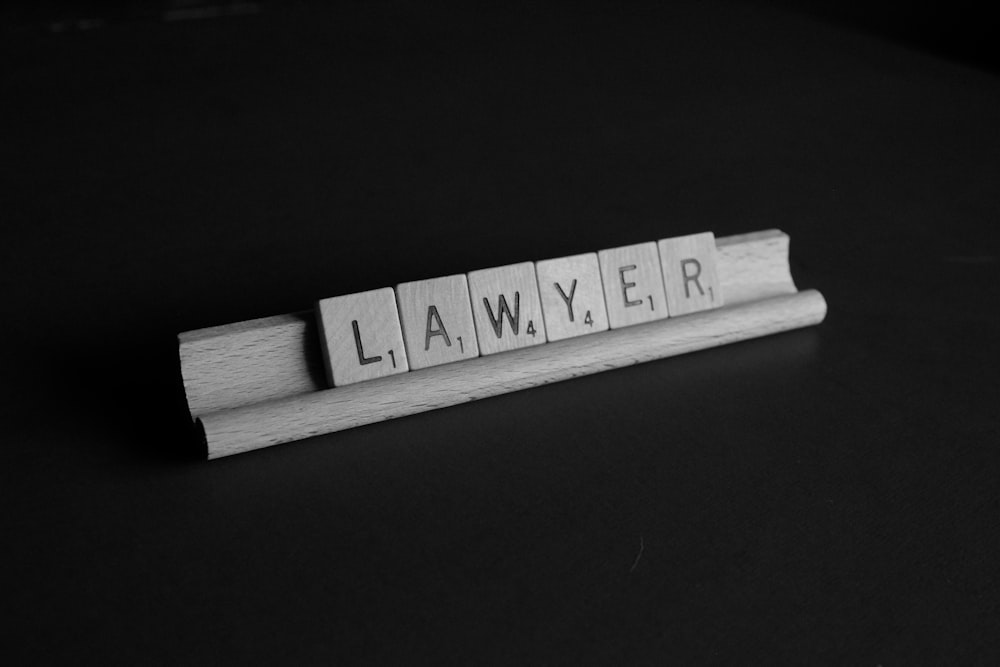Navigating Legal Perspectives: Mastering the Art of Opinions
3 min read

Deciphering Legal Perspectives: Mastering the Art of Opinions
Legal opinions are a crucial aspect of the legal profession, offering insightful analyses and interpretations of complex legal issues. In this exploration, we unravel the intricacies of crafting effective legal opinions, covering key elements from understanding the audience to ethical considerations.
Understanding the Audience: Tailoring Insights
Crafting a compelling legal opinion begins with a deep understanding of the audience. Whether advising clients, colleagues, or the court, tailoring the language and depth of analysis is essential. A nuanced comprehension of the recipient ensures that the legal opinion is not only accurate but also effectively addresses the concerns and questions of the intended audience.
The Art of Analysis: Precision and Clarity
A well-crafted legal opinion hinges on the precision and clarity of its analysis. Each point must be meticulously examined, and conclusions drawn with utmost precision. Avoiding ambiguity is paramount. Legal professionals must distill complex legal issues into clear and comprehensible language, allowing the reader to grasp the nuances of the analysis.
Navigating Legal Precedents: Building a Solid Foundation
Legal opinions often involve an examination of existing legal precedents. Building a solid foundation by referencing relevant case law, statutes, and regulations adds weight to the opinion. The ability to draw parallels and distinctions from established legal principles contributes to the credibility of the legal analysis.
Incorporating Legal Authority: Strengthening the Argument
Citing legal authority is a fundamental aspect of crafting persuasive legal opinions. Whether referencing case law, statutory provisions, or legal doctrines, proper citation lends credibility to the analysis. Each citation should serve as a pillar supporting the legal argument, creating a robust framework for the opinion.
Ethical Considerations: Balancing Advocacy and Objectivity
Ethics play a pivotal role in the formulation of legal opinions. Striking a balance between advocacy and objectivity is essential. Legal professionals must present their analysis with conviction while remaining objective and transparent about potential counterarguments. Upholding ethical standards ensures the integrity of the legal opinion.
Technology’s Influence: Enhancing Efficiency
In the contemporary legal landscape, technology has become an indispensable ally in crafting legal opinions. Platforms such as Legal opinion offer tools that streamline the research and drafting process, enhancing efficiency. Technology not only expedites the retrieval of legal authorities but also facilitates collaborative editing, ultimately contributing to the production of high-quality legal opinions.
Legal Opinion in Practice: Real-world Application
Consider a scenario where a legal professional is tasked with providing an opinion on a complex regulatory issue. Integrating Legal opinion technology into the process significantly impacts the efficiency and quality of the opinion. The incorporation of such tools ensures that the final opinion is not only well-researched and supported but also aligns seamlessly with the client’s needs.
Continuous Learning: Staying Informed in a Dynamic Field
The legal landscape is dynamic, with laws and regulations subject to change. Legal professionals must cultivate a mindset of continuous learning. Staying informed about emerging legal trends, recent case law, and advancements in legal technology ensures that legal opinions remain current, relevant, and aligned with the evolving legal landscape.
Mastering Legal Persuasion: Concluding with Impact
A well-crafted legal opinion is not merely an analysis; it is a persuasive document. The conclusion should leave a lasting impact, summarizing key points and reinforcing the strength of the legal argument. Mastery in legal persuasion involves leaving the reader with a clear understanding of the analysis and a conviction in the soundness of the legal opinion.
In Conclusion: Navigating the Legal Tapestry
Mastering the art of legal opinions is a multifaceted endeavor. From understanding the audience to incorporating legal authority, balancing ethics, leveraging technology, and mastering legal persuasion, the journey requires dedication and continual learning. Legal professionals who navigate this tapestry skillfully provide invaluable insights and contribute to informed decision-making in the complex world of law.






